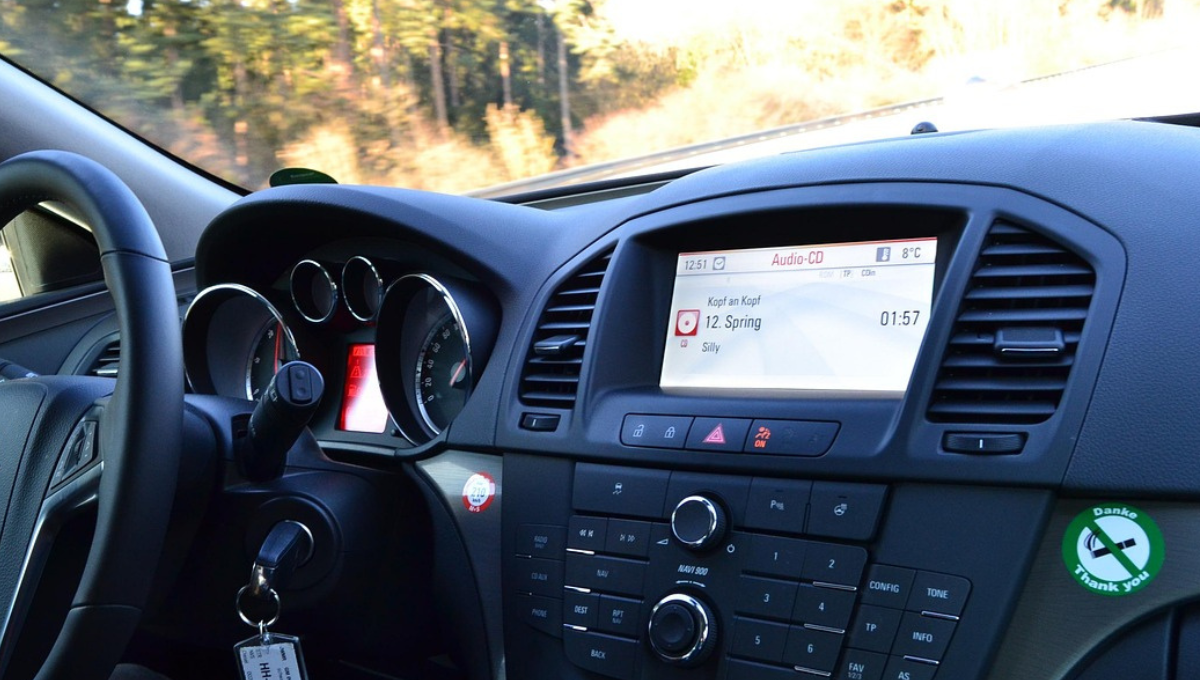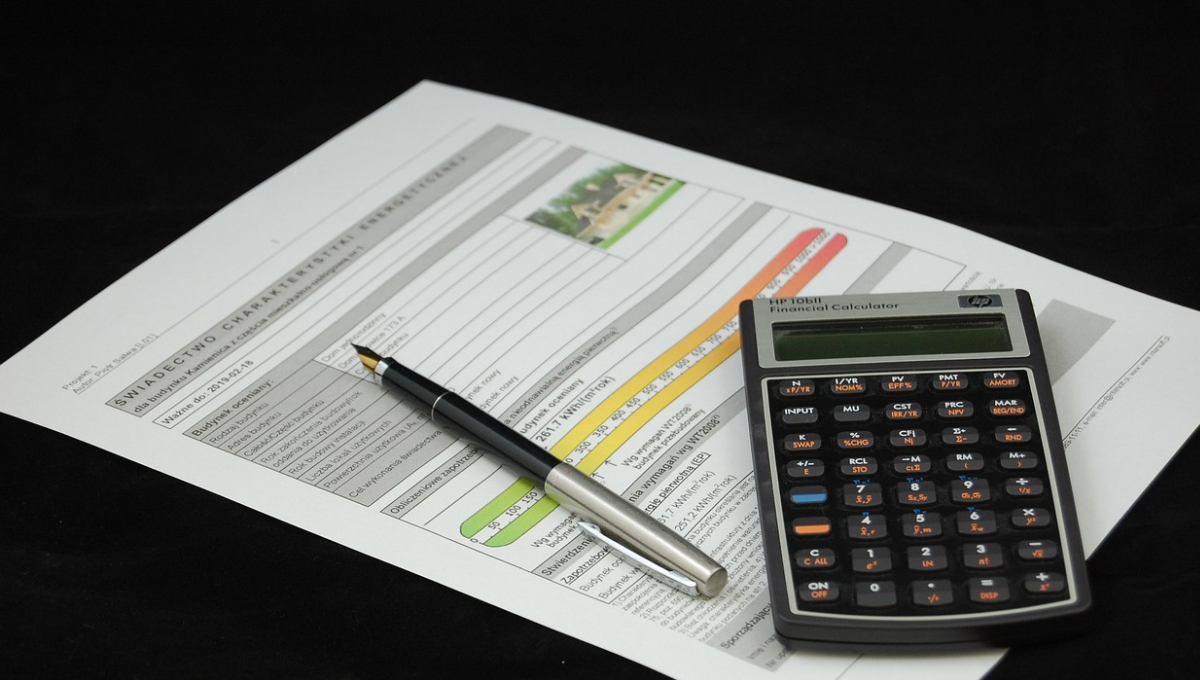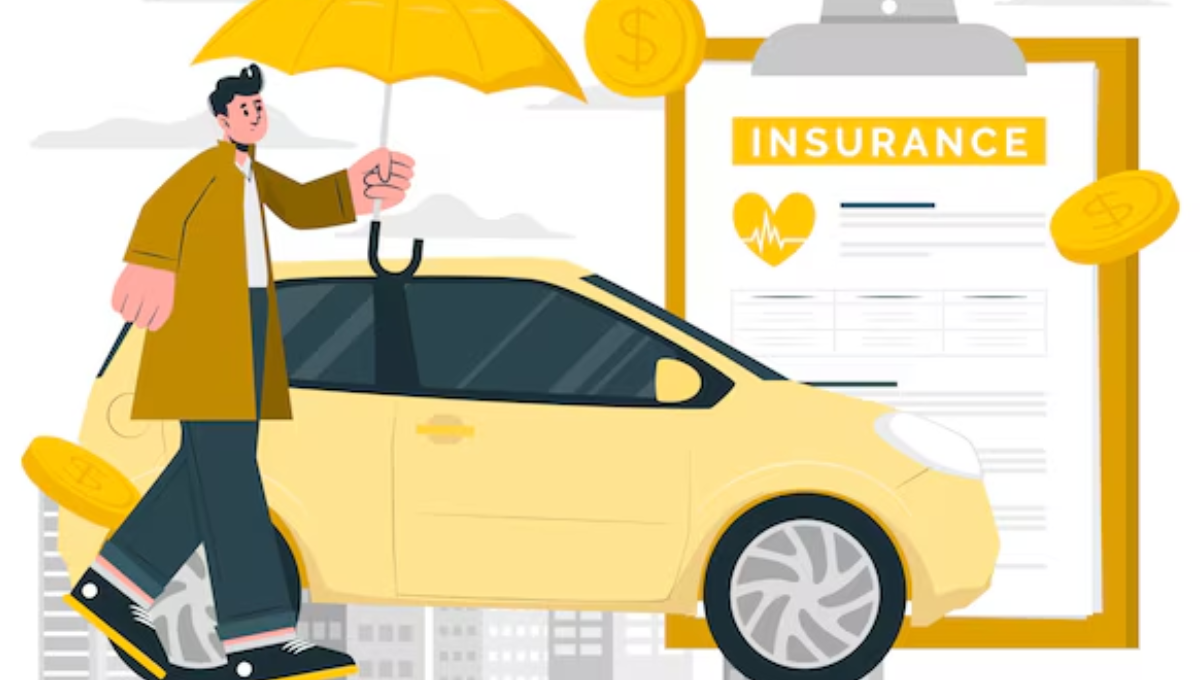Auto insurance is a critical safeguard for drivers, protecting against financial losses from accidents, theft, or other road-related incidents. However, not all policies are created equal. Personal and commercial auto insurance serve distinct purposes, tailored to different drivers and vehicles. Choosing the right one depends on how a vehicle is used, who drives it, and the risks involved.
For individuals driving for personal errands or commutes, personal auto insurance is often sufficient. Conversely, businesses relying on vehicles for deliveries, client visits, or transporting goods need commercial auto insurance to cover unique risks. Misunderstanding these differences can lead to inadequate coverage or unexpected costs.
Understanding Personal Auto Insurance
Personal auto insurance is designed for individuals using vehicles for non-business purposes. This includes daily commutes, errands, or leisure trips. It provides financial protection for drivers, passengers, and vehicles in case of accidents or other incidents.
Key Features of Personal Auto Insurance
- Liability Coverage: Covers damages or injuries caused to others in an accident where the policyholder is at fault.
- Collision Coverage: Pays for repairs to the policyholder’s vehicle after an accident, regardless of fault.
- Comprehensive Coverage: Protects against non-collision incidents like theft, vandalism, or natural disasters.
- Personal Injury Protection (PIP): Covers medical expenses for the policyholder and passengers, regardless of fault.
- Uninsured/Underinsured Motorist Coverage: Protects against damages caused by drivers with insufficient or no insurance.
Who Needs Personal Auto Insurance?
- Individuals driving personal vehicles for commuting, errands, or leisure.
- Families with multiple drivers or vehicles used for personal purposes.
- Drivers leasing or financing a car, as most lenders require coverage.
Personal policies are typically more affordable than commercial ones, as they cover lower-risk activities. However, using a personal vehicle for business purposes, even occasionally, may void coverage.
Key Facts and Findings
- Personal auto insurance is typically 20-30% cheaper than commercial policies due to lower risk profiles.
- Commercial auto insurance often includes coverage for multiple drivers and specialized vehicles, unlike personal policies.
- Over 60% of small business owners mistakenly use personal auto insurance for business vehicles, risking claim denials.
- Rideshare drivers need specialized endorsements, as standard personal policies exclude commercial activities.
- Commercial policies can cover non-owned vehicles, such as employee cars used for work tasks.
Exploring Commercial Auto Insurance
Commercial auto insurance is tailored for vehicles used in business operations. This includes delivery trucks, company cars, or fleets used for transporting goods or employees. It offers broader coverage to address the higher risks associated with business use.
Key Features of Commercial Auto Insurance
- Higher Liability Limits: Covers larger claims due to business-related accidents, which often involve multiple parties or expensive equipment.
- Cargo Coverage: Protects goods or equipment transported in the vehicle.
- Hired and Non-Owned Auto Coverage: Covers vehicles rented or borrowed for business use, or employee-owned vehicles used for work.
- Fleet Coverage: Insures multiple vehicles under a single policy, ideal for businesses with several vehicles.
- Specialized Equipment Coverage: Protects business-specific modifications, like tool racks or refrigeration units.
Who Needs Commercial Auto Insurance?
- Businesses using vehicles for deliveries, client visits, or transporting goods.
- Contractors or freelancers using vehicles for work-related tasks, such as plumbers or electricians.
- Companies with employees driving company-owned or personal vehicles for business purposes.
Commercial policies are more expensive due to higher coverage limits and increased risk exposure. They are essential for protecting businesses from costly claims.
Key Differences Between Personal and Commercial Auto Insurance
Understanding the distinctions between personal and commercial auto insurance is crucial for selecting the right policy. The table below highlights the primary differences:
| Aspect | Personal Auto Insurance | Commercial Auto Insurance |
|---|---|---|
| Purpose | Personal use (commuting, errands, leisure) | Business use (deliveries, client visits, transporting goods) |
| Coverage Scope | Basic liability, collision, comprehensive | Higher liability, cargo, fleet, specialized equipment |
| Cost | Generally lower | Higher due to increased risks and coverage limits |
| Vehicle Types | Cars, SUVs, personal trucks | Delivery vans, company cars, fleets, specialized vehicles |
| Driver Coverage | Policyholder and family members | Employees, contractors, or multiple drivers |
| Policy Flexibility | Standard coverage options | Customizable for business needs |
Coverage Scope
Personal auto insurance focuses on individual drivers and standard vehicles. Commercial policies cover business-specific risks, such as cargo damage or employee-related accidents.
Cost Factors
Personal policies are cheaper because they assume lower mileage and risk. Commercial policies account for frequent driving, heavier vehicles, and business-related liabilities, increasing premiums.
Vehicle and Driver Eligibility
Personal insurance typically covers one driver or family members. Commercial insurance includes multiple drivers, such as employees, and vehicles used exclusively for business.
When to Choose Personal vs. Commercial Auto Insurance
Selecting the right policy depends on how a vehicle is used. Misjudging this can lead to denied claims or insufficient coverage.
Scenarios for Personal Auto Insurance
- Driving to work or school daily.
- Using a car for grocery shopping or family trips.
- Occasional ridesharing (check with the insurer for specific coverage).
Scenarios for Commercial Auto Insurance
- Operating a delivery service, such as food or e-commerce.
- Using a vehicle for construction, landscaping, or plumbing services.
- Transporting clients or employees in a company-owned vehicle.
Gray Areas to Watch
Some situations blur the line between personal and commercial use. For example, rideshare drivers or freelancers using personal vehicles for work may need additional coverage. Many insurers offer rideshare endorsements to bridge this gap. Always consult with an insurance provider to clarify coverage needs.
Cost Considerations for Both Policies
Cost is a major factor when choosing between personal and commercial auto insurance. Several elements influence premiums for each.
Factors Affecting Personal Auto Insurance Costs
- Driving Record: Clean records lead to lower premiums.
- Vehicle Type: Luxury or high-performance cars cost more to insure.
- Location: Urban areas with higher accident rates increase premiums.
- Coverage Level: Adding comprehensive or collision coverage raises costs.
Factors Affecting Commercial Auto Insurance Costs
- Business Type: High-risk industries, like construction, face higher premiums.
- Vehicle Usage: Frequent or long-distance driving increases costs.
- Number of Vehicles: Insuring a fleet is more expensive than a single vehicle.
- Employee Driving Records: Poor records for multiple drivers raise premiums.
Tips to Save on Premiums
- Compare quotes from multiple insurers.
- Bundle auto insurance with other policies, like home or business insurance.
- Maintain a clean driving record for all drivers.
- Choose vehicles with strong safety ratings to reduce costs.
Common Misconceptions About Auto Insurance
Misunderstandings about personal and commercial auto insurance can lead to costly mistakes. Here are some myths debunked:
Myth 1: Personal Insurance Covers Business Use
Using a personal vehicle for business without proper coverage can void a policy. Always disclose vehicle use to the insurer.
Myth 2: Commercial Insurance Is Only for Large Businesses
Small businesses, freelancers, and contractors often need commercial policies if vehicles are used for work.
Myth 3: All Policies Cover Ridesharing
Rideshare driving requires specific endorsements or commercial coverage, as standard personal policies exclude this.
Myth 4: Commercial Insurance Covers Personal Use
Commercial policies focus on business use and may not cover personal driving. Separate policies may be needed for dual use.
How to Choose the Right Auto Insurance Policy
Selecting the right policy requires careful consideration of vehicle use, risks, and budget. Follow these steps to make an informed choice:
- Assess Vehicle Use: Determine if the vehicle is used for personal, business, or both purposes.
- Evaluate Risks: Consider the likelihood of accidents, theft, or cargo damage.
- Compare Coverage Options: Review liability limits, comprehensive coverage, and add-ons like roadside assistance.
- Check State Requirements: Ensure the policy meets minimum legal standards for the state.
- Consult an Agent: Work with an insurance professional to customize coverage.
Closing Thoughts on Auto Insurance Choices
Navigating the world of auto insurance can feel overwhelming, but understanding the differences between personal and commercial policies simplifies the process. Personal auto insurance offers a cost-effective solution for individual drivers, covering daily commutes and errands. Commercial auto insurance, while pricier, is indispensable for businesses relying on vehicles to operate. Each policy serves a unique purpose, and choosing the right one ensures financial protection and peace of mind.
The stakes are high when selecting coverage. A wrong choice could lead to denied claims or unexpected costs, especially for businesses or freelancers using vehicles for work. By assessing vehicle use, comparing quotes, and consulting with professionals, drivers and business owners can secure policies tailored to their needs.
Ultimately, auto insurance is more than a legal requirement; it’s a safety net for life’s unpredictability on the road. Whether driving for personal errands or running a business, the right policy makes all the difference. Take the time to evaluate options and make an informed decision for a secure driving future.
FAQs About Personal and Commercial Auto Insurance
- What is personal auto insurance?
Personal auto insurance covers vehicles used for non-business purposes, like commuting or errands. - What is commercial auto insurance?
Commercial auto insurance protects vehicles used for business, such as deliveries or client transport. - Can personal auto insurance cover business use?
No, using a personal vehicle for business may void coverage unless a specific endorsement is added. - Who needs commercial auto insurance?
Businesses, freelancers, or contractors using vehicles for work-related tasks need commercial coverage. - Is commercial auto insurance more expensive?
Yes, it is typically more expensive due to higher liability limits and business-related risks. - Can rideshare drivers use personal auto insurance?
Rideshare drivers often need additional endorsements or commercial coverage, as personal policies exclude this use. - What vehicles require commercial auto insurance?
Delivery vans, company cars, or vehicles with business modifications need commercial policies. - Does commercial auto insurance cover personal driving?
Commercial policies focus on business use and may not cover personal driving without additional coverage. - How can businesses reduce commercial insurance costs?
Compare quotes, maintain clean driving records, and choose vehicles with strong safety features. - What happens if the wrong policy is chosen?
Choosing the wrong policy can lead to denied claims, financial losses, or legal penalties.







